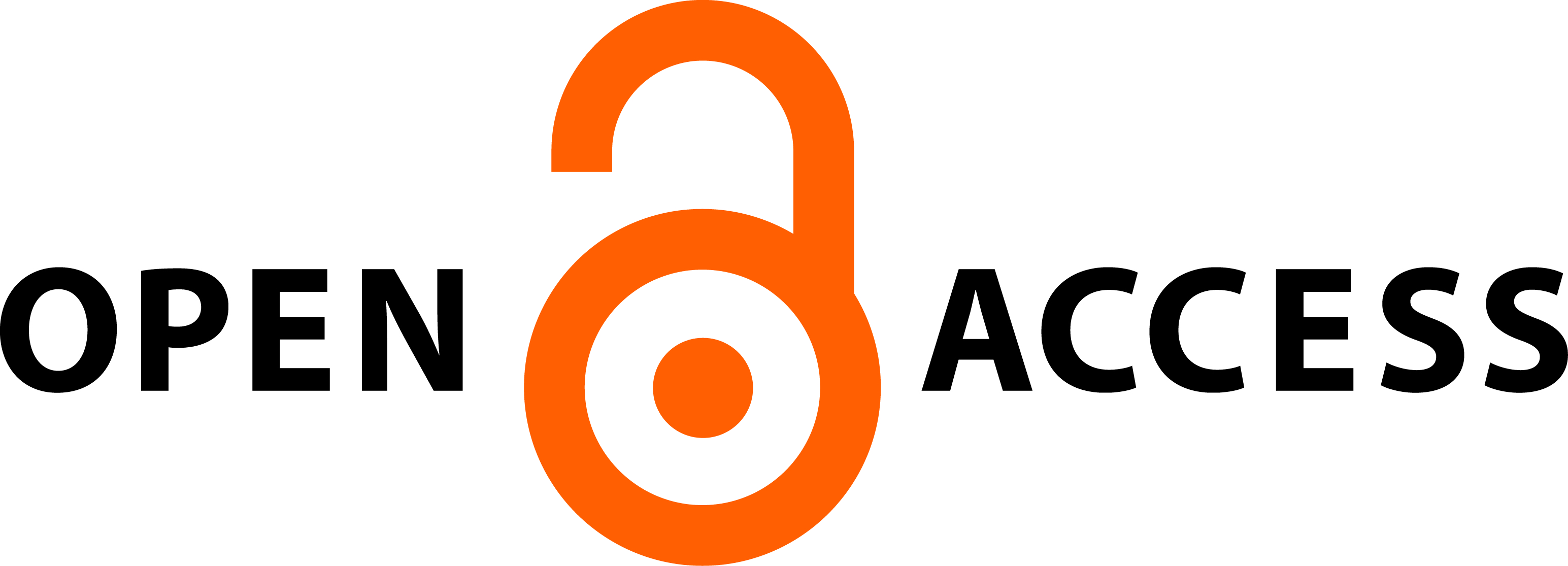SISTEM PENGAMBILAN KEPUTUSAN DALAM MODEL KEPEMIMPINAN KOLEKTIF DI BAMRUNG ISLAM SCHOOL PATTANI THAILAND
DOI:
https://doi.org/10.21154/muslimheritage.v3i2.1481Keywords:
Leadership, Collective Leadership, Islamic Educational Institution, ThailandAbstract
Abstract: Thailand is one of the countries in Southeast Asia which has majority of Buddhist inhabitants. Muslims who occupy areas of Southern Thailand in this country become a minority, including in education. The conflict that occurred in the South Thailand region brings out the implementation of a model of collective leadership in Bamrung Islam School Pattani. Bamrung Islam School had experienced leadership void for several periods. This resulted in a non-conducive school management situation. Responding to this situation, the family council agreed to implement a collective leadership model. Based on the process of data collection and analysis, this study yields three findings. First, Collective Leadership in Bamrung Islam School Pattani. in the form of an organization consisting of mudir-mudir madrasah, which is then called majlis mudir or board of riasah. They lead and nurture both school and boarder students collectively based on seniority from the kinship line. In carrying out the leadership and caring, the mudir majlis is assisted by an assembly of a'wan and the coordinating council. Second, the factors that encourage collective leadership patterns in Bamrung Islam School are: (1) the effort to create a forum for musyawarah and build joint strengths; (2) the encouragement of the decision of the family assembly; (3) the encouragement of the social environment; (4) modeling and inheriting the values of the prophet's leadership. Third, the steps taken in order to establish joint decisions and policies in Bamrung Islam School is through the phase of identification of the problem (intelligence phase), determine the alternatives of the problem (design phase) and choose the choice (choice phase) or decision then implement the results of the decision the (implementation phase).
Abstrak: Thailand adalah salah satu dari negara Asia Tenggara yang apabila ditinjau dari sudut agama yang dianut oleh penduduknya, mayoritas beragama Budha. Muslim yang banyak menempati wilayah Thailand Selatan di negara ini menjadi minoritas termasuk dalam hal pendidikan. Artikel ini bertujuan mengkaji tentang Sistem Pengambilan Keputusan Dalam Model Kepemimpinan Kolektif Di Bamrung Islam School Pattani Thailand. Konflik yang terjadi di daerah Thailand Selatan melatarbelakangi penerapan model kepemimpinan kolektif di Bamrung Islam School Pattani. Berdasarkan proses pengumpulan dan analisis data, penelitian ini menghasilkan tiga temuan. Pertama, Kepemimpinan kolektif di Bamrung Islam School Pattani berbentuk organisasi yang beranggotakan mudir-mudir madrasah, yang kemudian disebut majlis mudir atau dewan riasah. Mereka memimpin dan mengasuh pelajar baik sekolah maupun asrama secara bersama-sama (collective) yang didasarkan pada senioritas dari garis kekerabatan (kinship). Dalam melaksanakan kepemimpinan dan kepengasuhan, majlis mudir dibantu oleh majelis a’wan dan dewan koordinator. Kedua, Faktor-faktor yang mendorong pola kepemimpinan kolektif di Bamrung Islam School antara lain adalah: (1) usaha menciptakan wadah musyawarah dan membangun kekuatan bersama, (2) dorongan keputusan bersama majelis keluarga, (3) dorongan dari lingkungan sosial, (4) peneladanan dan pewarisan nilai-nilai kepemimpinan nabi. Ketiga, tahapan yang ditempuh dalam rangka menetapkan keputusan dan kebijakan bersama di Bamrung Islam School yaitu melaui tahapan identifikasi masalah (intelligence phase), menentukan alternatif-alternatif pemecahan masalah (design phase) dan menentukan pilihan (choice phase) atau keputusan kemudian melaksanakan hasil dari keputusan tersebut (implementation phase).
Downloads
Published
Issue
Section
License
Requirements to be met by the author as follows:
- Author storing copyright and grant the journal right of first publication manuscripts simultaneously with licensed under the Creative Commons Attribution License that allows others to share the work with a statement of the work's authorship and initial publication in this journal.
- Authors can enter into the preparation of additional contractual separately for non-exclusive distribution of a rich version of the journal issue (eg:post it to an institutional repository or publish it in a book), with the recognition of initial publication in this journal.
- Authors are allowed and encouraged to post their work online (eg, in institutional repositories or on their website) prior to and during the submission process, because it can lead to productive exchanges, as well as citations earlier and more severe than published works. (see The Effect of Open Access).














